
Two-crop rice production continues to show a clear shift in awareness and long-standing farming practices of farmers. Many localities, enterprises, and cooperatives have raised farmers' awareness of reducing the amount of seeds sown, managing IPM pests, using pesticides according to the "4 rights", reducing the amount of inorganic fertilizers, implementing "3 reductions and 3 increases", mechanizing production, etc. These synchronous technical solutions and processes have brought many benefits, helping to reduce production costs and reduce environmental pollution.
Dien Bien district has the largest two-crop rice production area in Dien Bien province, averaging over 4,500 hectares/crop.
Mr. Chu Van Bach, Head of the Department of Agriculture and Rural Development of Dien Bien district, said: In recent years, the district has focused on using rice varieties with high productivity and resistance to pests and diseases, adapting to climate change. At the same time, promoting mechanization in production. Currently, the whole district has basically applied mechanization in all 3 stages: land preparation, sowing and harvesting. By 2025, Dien Bien district aims to apply mechanization in rice care and spraying pesticides.
Dien Bien district also focuses on implementing solutions to improve people's capacity and awareness such as: Training on plant health management (IPHM), training to improve the capacity of commune-level authorities in managing the trade and use of fertilizers and pesticides. Creating conditions for enterprises and cooperatives to link production and consumption of rice products. Thanks to that, rice products of Dien Bien district have gradually improved in quality and product value on the market.

Not only rice production, Dien Bien province has also made many changes in the field of cultivation towards safe and environmentally friendly production. Currently, the whole province has 23 production and supply chains of safe agricultural products. The chains have successfully built links between enterprises, production and business establishments and households. The products have quality, packaging, labels, traceability, some products have raw material areas supported by organic certification. Typical examples include: The fruit tree growing model of Cara Farm Vietnam Co., Ltd. in Dien Bien district; raw material areas for tea products of Phan Nhat Tea Co., Ltd. in Xuan Lao commune (Muong Ang district); Tua Chua tall tea products.
The fruit tree planting model was started in 2014. To date, Cara Farm Vietnam Co., Ltd. has owned a fruit garden with an area of 3.5 hectares, including: 2 hectares of oranges; 1 hectare of grapefruit; 0.5 hectares of bananas. From the very first days of implementing the model, the Company has oriented towards organic production, developing delicious, clean and environmentally friendly products. After 8 years of implementation, in October 2022, the model was certified as an organic agricultural product.

Ms. Nguyen Thi Lan Huong, Director of Cara Farm Vietnam Co., Ltd. said: From the beginning, I chose 2 main tree varieties to implement the model, which are: Cara orange tree originating from Australia and green-skinned grapefruit tree originating from Ben Tre province. Green-skinned grapefruit and red-fleshed Cara orange are precious fruits, with high vitamin content that is good for health, and at the same time, these are 2 types of fruits with high economic value. In addition, the climate and soil conditions of Dien Bien province are very suitable, not polluted by dust and waste, suitable for organic farming. In particular, the large temperature range between day and night is a huge advantage, an ideal condition for developing citrus fruit trees. The products will have a unique flavor and quality, only available in Dien Bien.
When choosing the ideal seedlings and growing area, Cara Farm Vietnam Co., Ltd. pays special attention to the method of planting and caring. Especially saying no to the abuse of pesticides, insecticides, and growth regulators, but instead using organic methods, creating the most favorable conditions for the closed transformation of the garden, creating a balanced ecosystem right in the garden, thereby producing clean, high-quality products. Organic production has lower productivity and output or approximately equal to that of traditional production, but in return, the product value and selling price on the market are higher. Currently, the selling price of Green-skinned grapefruit is 70k/kg, Cara orange is 90k-120k/kg. Products are sold out as soon as they are harvested. The product market is no longer limited to Dien Bien province but has expanded to major provinces and cities across the country. Currently, the company is planning to expand the model to 4.5 hectares.
In livestock farming, waste treatment, utilization of agricultural by-products, etc. by building a circular economy are being applied on different scales. Dien Bien province has been developing livestock farming on a farm scale, household farming in an organic and specialized direction.

Up to now, the whole province has 2 livestock and poultry farms that meet the criteria of farm economy. In addition, the districts continue to expand livestock farming in the direction of bio-safety, disease safety, and environmental friendliness. Households and livestock farms use biological bedding, use biological products to treat the environment in livestock farming. Up to now, there are 2 large-scale farms that have environmental impact assessment reports and have waste treatment systems; medium and small-scale farms all have measures to collect and treat waste; about 4,900 livestock households apply waste treatment measures (collection, composting, making biogas tanks, using biological bedding). In addition, the province has established a number of linkages in VietGAP standard pig farming with a scale of about 1,200 - 1,300 pigs/batch (2 - 3 batches/year) in the form of contract farming with domestic and foreign enterprises (CP Vietnam Livestock Joint Stock Company, Mavin Group Joint Stock Company).
Source




![[Photo] Closing of the 11th Conference of the 13th Central Committee of the Communist Party of Vietnam](https://vstatic.vietnam.vn/vietnam/resource/IMAGE/2025/4/12/114b57fe6e9b4814a5ddfacf6dfe5b7f)

![[Photo] Overcoming all difficulties, speeding up construction progress of Hoa Binh Hydropower Plant Expansion Project](https://vstatic.vietnam.vn/vietnam/resource/IMAGE/2025/4/12/bff04b551e98484c84d74c8faa3526e0)

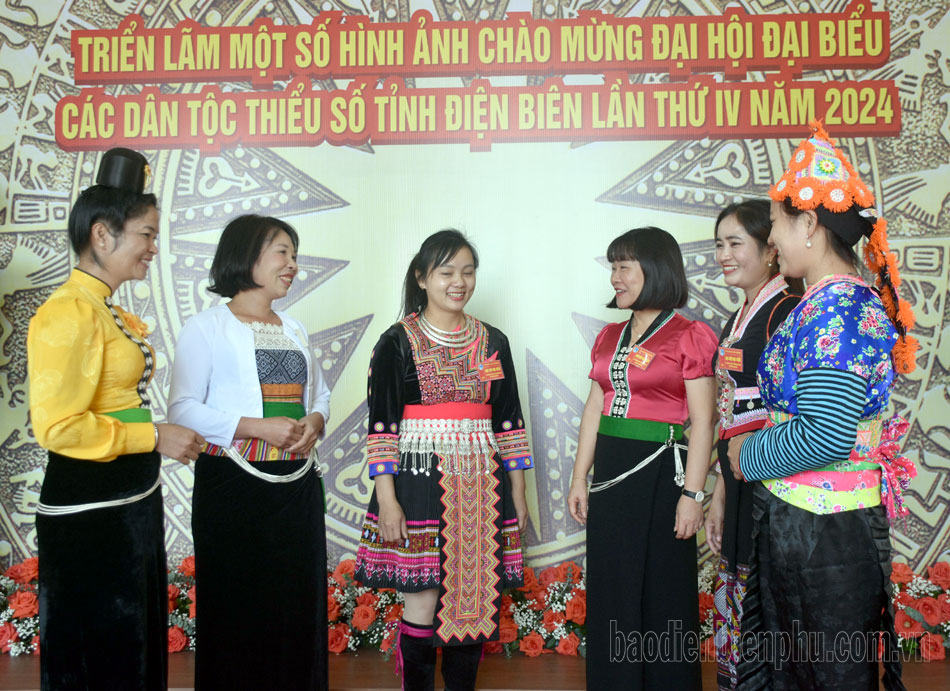
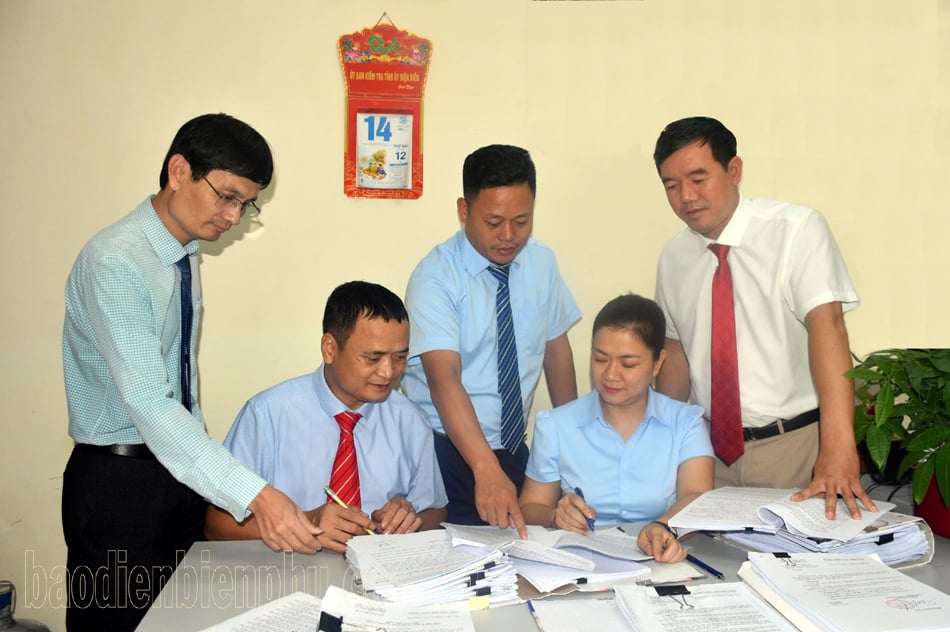
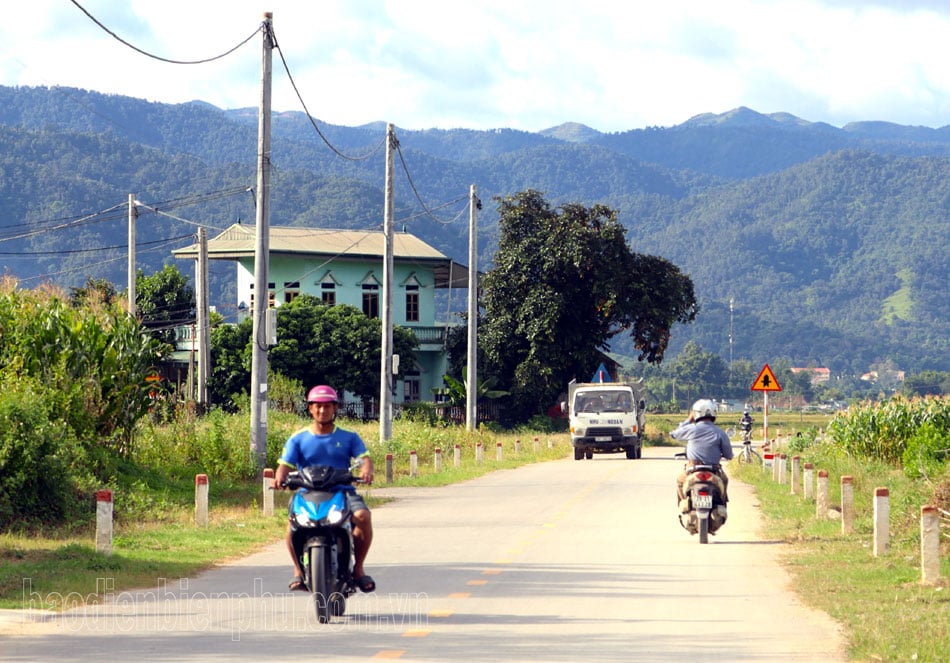
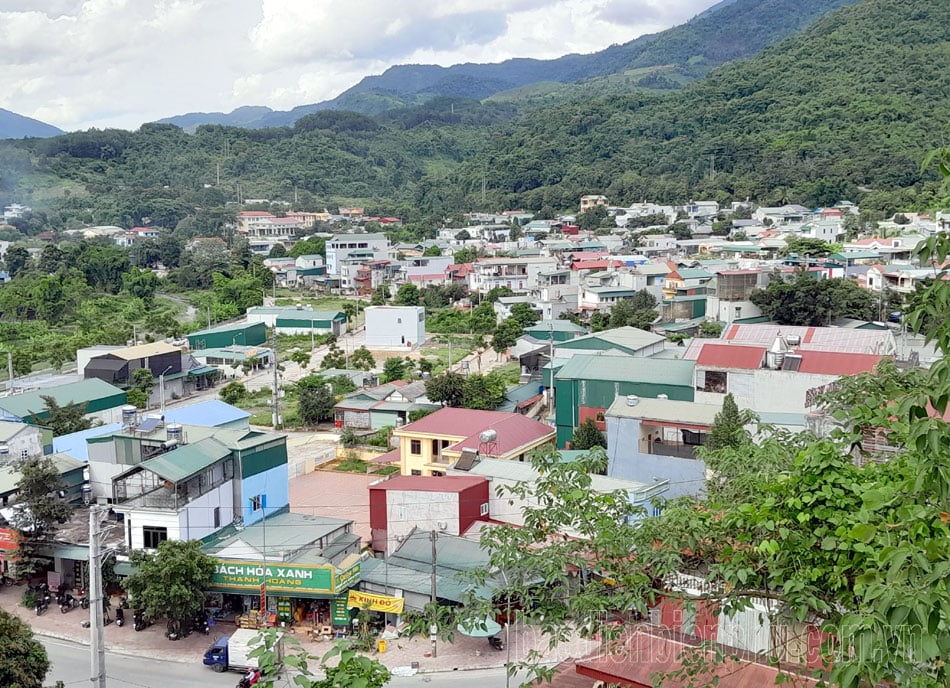
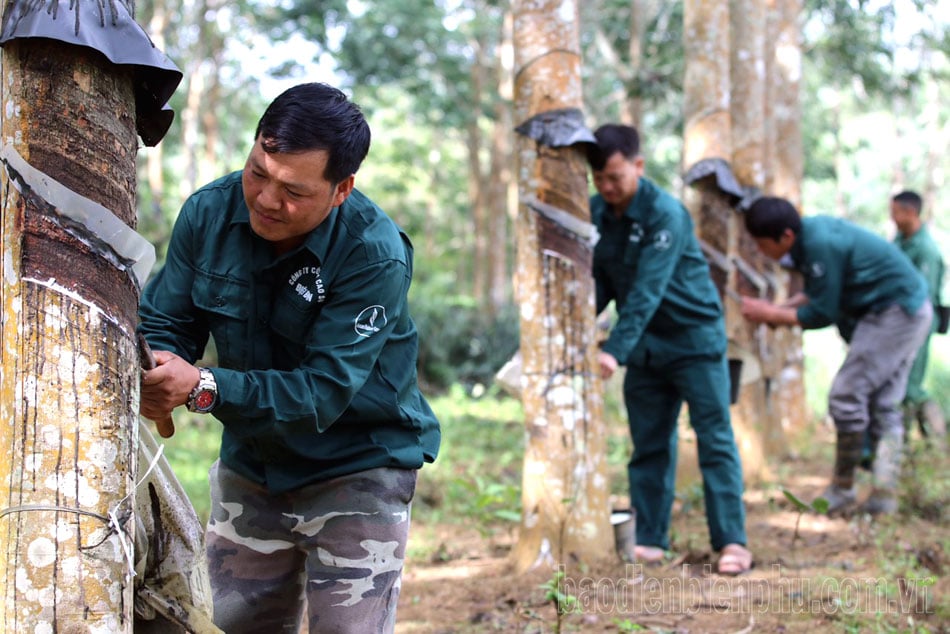
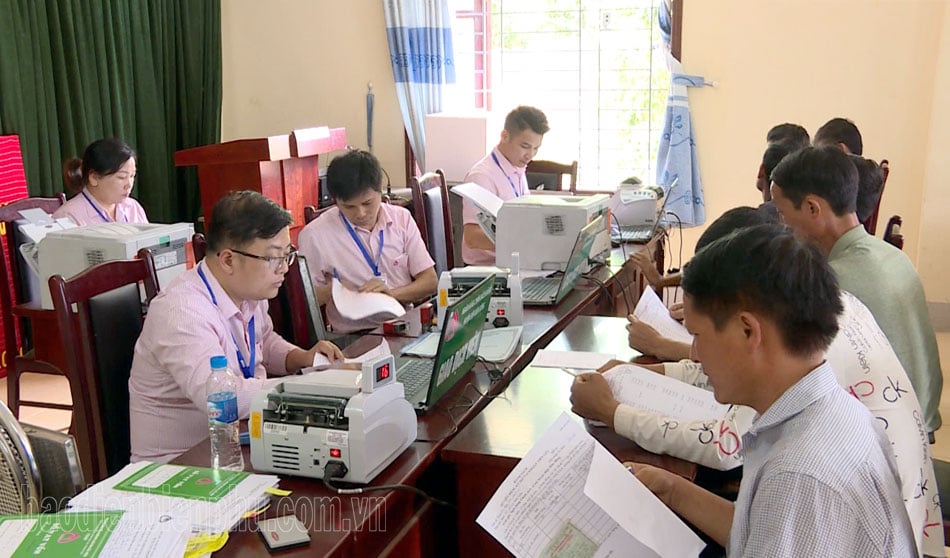
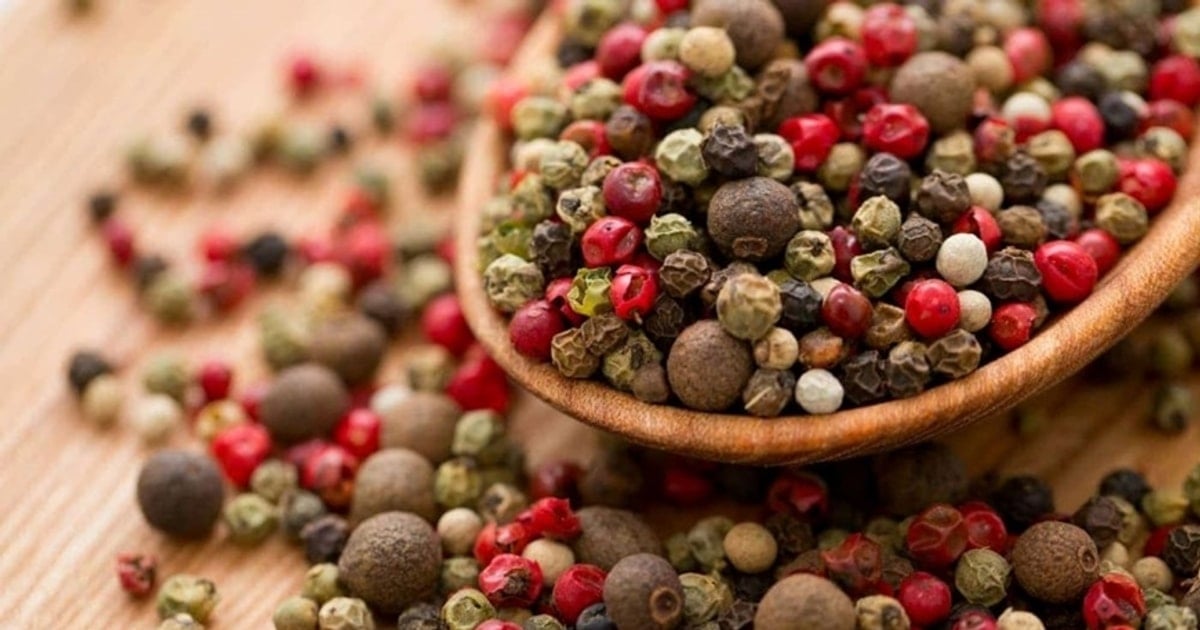
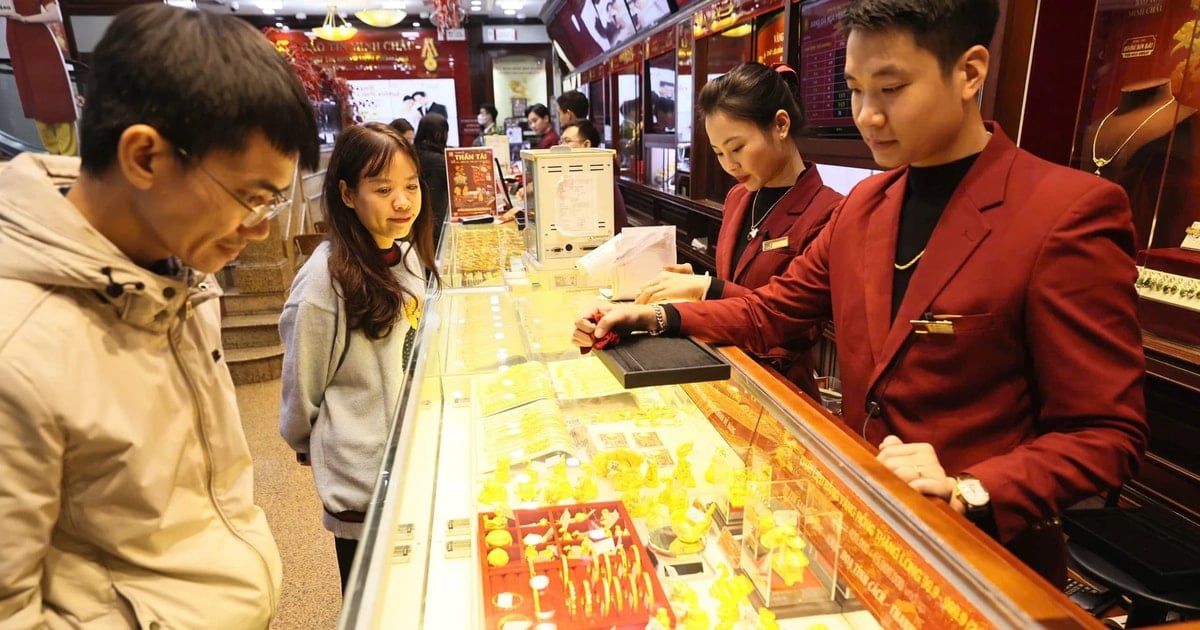
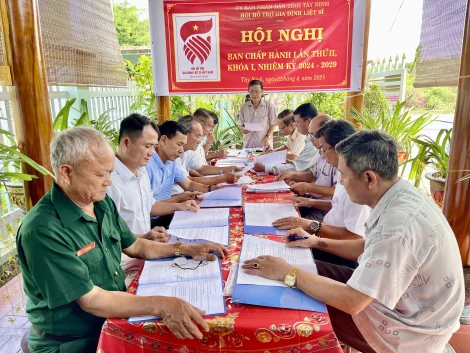
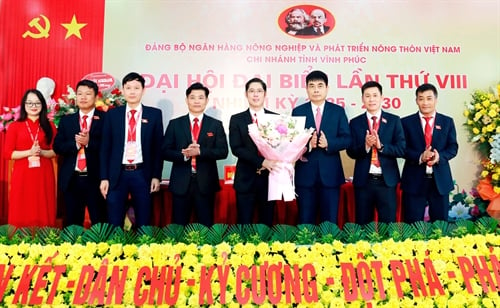





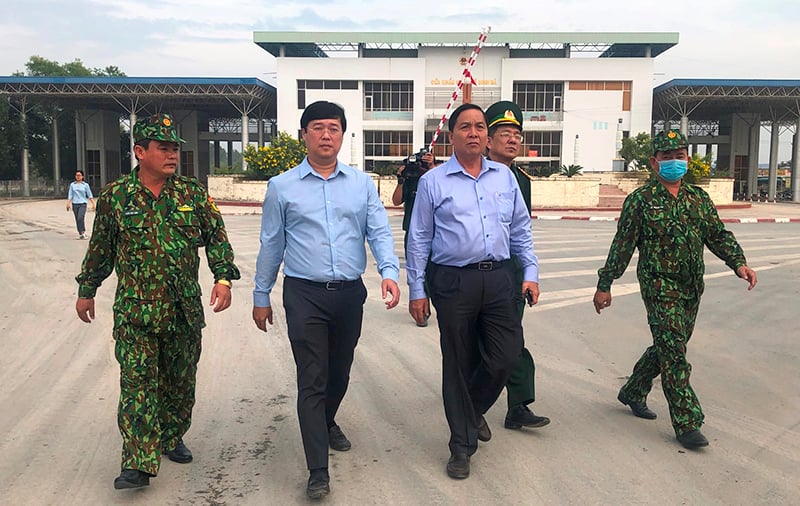
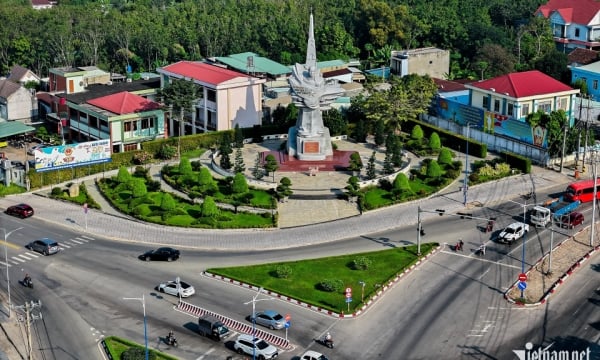

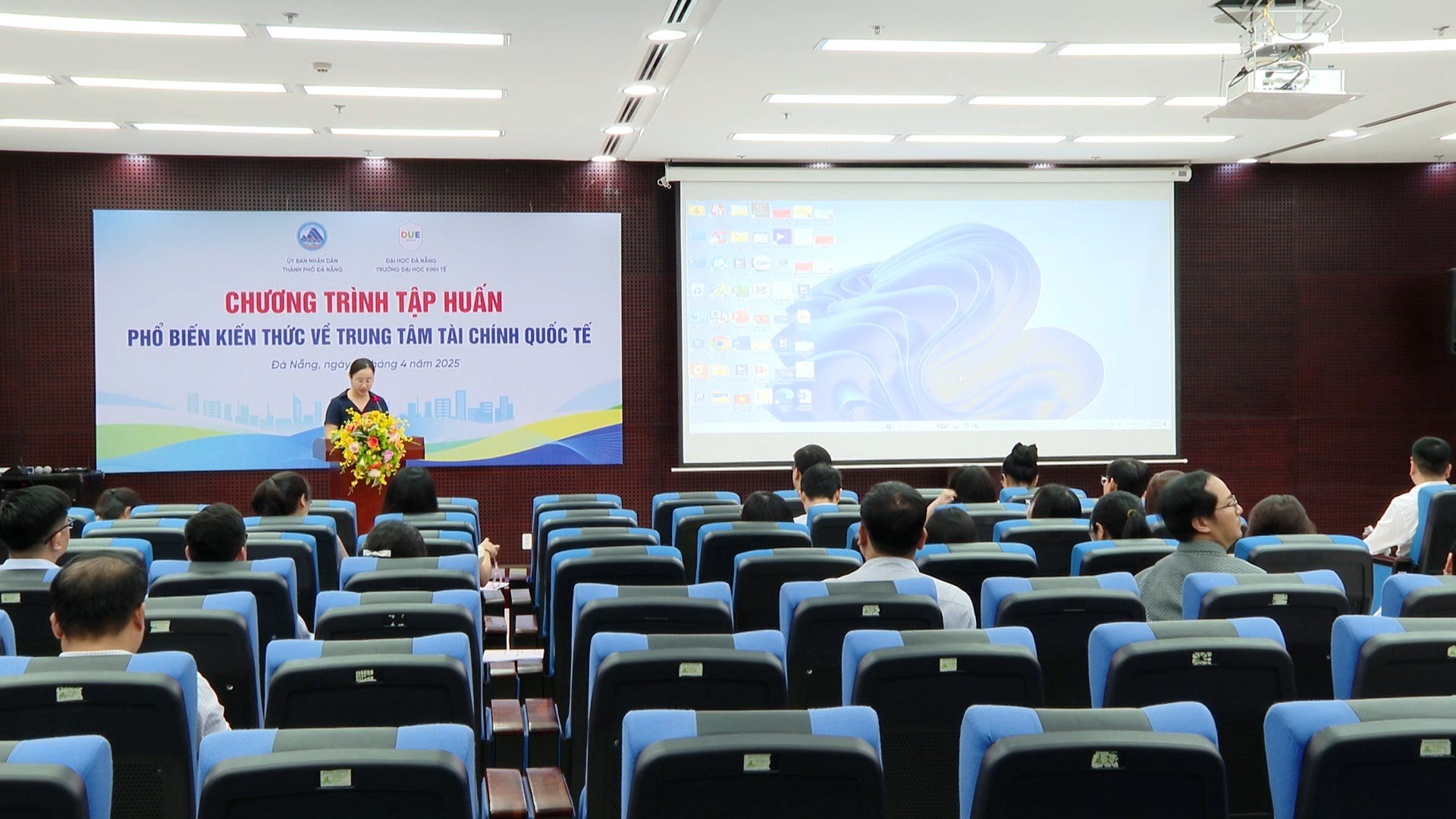
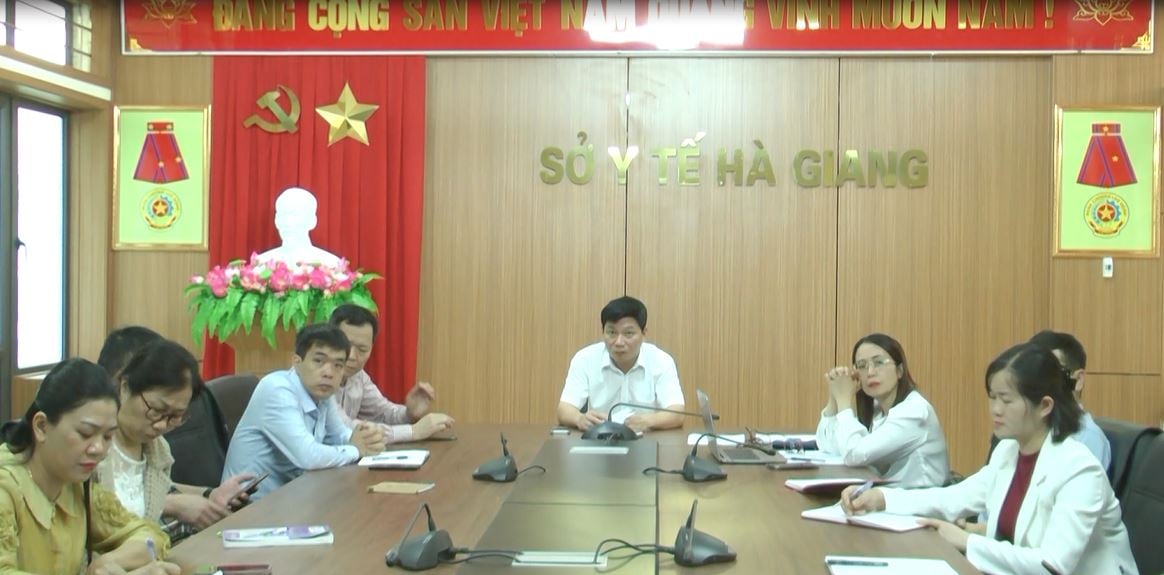
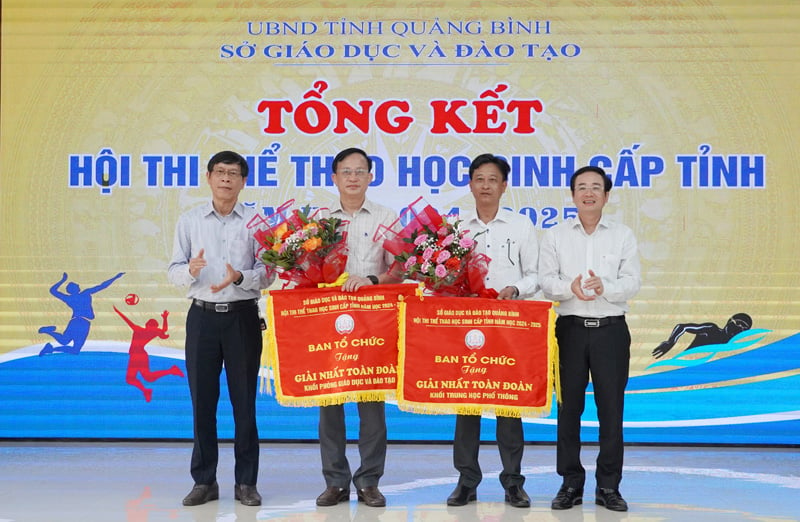















































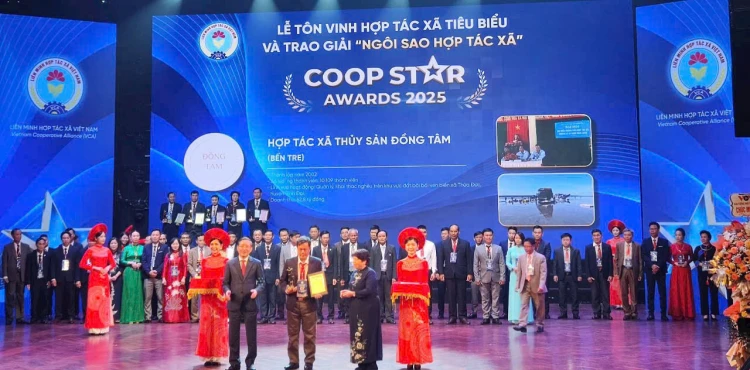




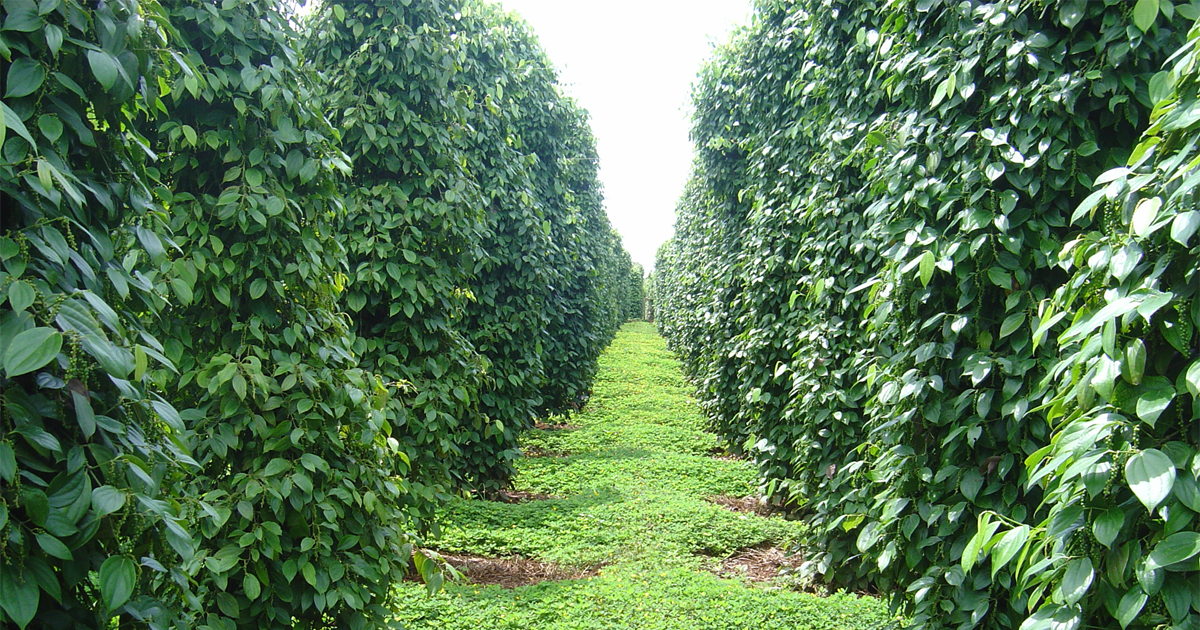













Comment (0)